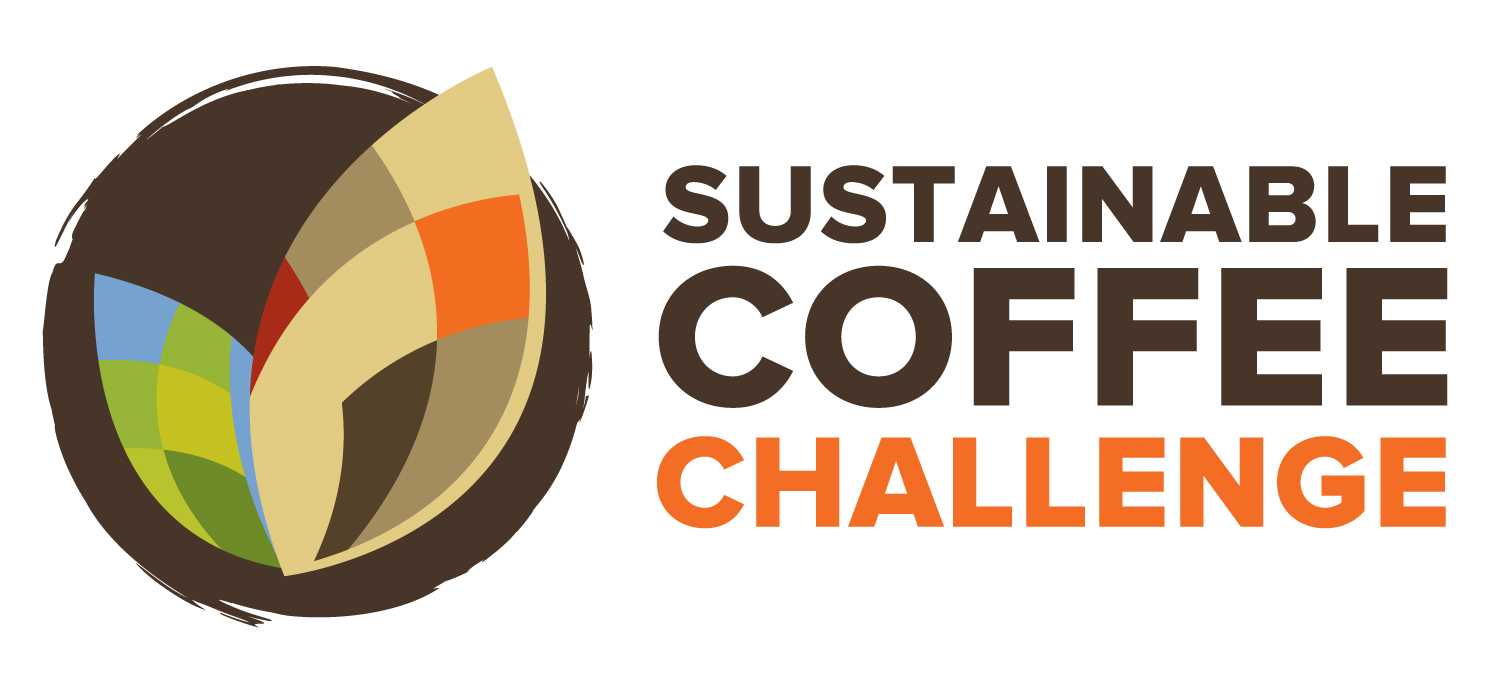ARLINGTON, Va., U.S. – The Sustainable Coffee Challenge today announced the Plant Trees Save Coffee donation campaign to benefit coffee farmers in honor of National and International Coffee Days. The donations will aid coffee farmers working in landscapes threatened by climate change and market instability in Colombia, Honduras and Peru.
Every $10 donated will help plant 20 native forest trees. The trees – healthy coffee trees and coffee-friendly trees – will enable coffee farmers to reinvest in their farms and continue to grow berries to meet rising global demand. In addition, Sustainable Coffee Challenge partners will provide coffee seedlings to farmers in their efforts to renovate their coffee trees.
“Coffee grows naturally in tropical forests. Forest cover is a critical element in the effort to sustain coffee production in the face of climate change. By helping farmers invest in trees we help them invest in the future of coffee, the future of their families and the future of our planet,” said Bambi Semroc, Vice President of Sustainable Markets and Strategy at Conservation International.
With climate change impacts intensifying, coffee farmers and their crops have been affected in Central and South America. Temperature increases and infrequent rain have strained the usual areas for coffee growth, forcing farmers to find new places to grow coffee or find alternative sources of income. The Plant Trees Save Coffee donation campaign seeks to address this problem by providing new native trees to coffee farmers to help in their efforts to protect their coffee trees and diversify their farm. .
The trees serve as the lifeblood of the coffee farm and the farmers’ livelihoods. The native trees provide forest cover that keeps the berries cool from high temperatures and shield from heavy rainfalls and strong winds due to extreme weather caused by climate change. Also, the trees establish a habitat that handles pest and disease naturally for healthy, strong coffee trees. Farmers also generate additional income sources from the trees to support their families.
To learn more about the Plant Trees Save Coffee donation campaign can, click here.
The Sustainable Coffee Challenge, conceived by Conservation International and Starbucks and launched during the Paris climate meetings in 2015, is uniting players from across the coffee industry – growers, traders, roasters, retailers, governments and NGOs. It works to stimulate greater demand for sustainable coffee while forming partnerships to find and scale up programs promoting improved livelihoods, nature conservation and a continued supply of coffee.
The Sustainable Coffee Challenge engages in collaborative efforts with its partners across four networks to achieve its mission: scaling up sustainable sourcing; farm renovation and rehabilitation; improved labor practices and supply and mapping and monitoring of coffee and forests.
About Conservation International
Conservation International uses science, policy and partnerships to protect the nature that people rely on for food, fresh water and livelihoods. Founded in 1987, Conservation International works in more than 30 countries on six continents to ensure a healthy, prosperous planet that supports us all. Learn more about Conservation International, the groundbreaking “Nature Is Speaking” campaign and its series of virtual reality projects: “Drop in the Ocean”, “My Africa,” “Under the Canopy” and “Valen’s Reef.” Follow Conservation International’s work on our Conservation News blog, Facebook, Twitter, Instagram and YouTube.
About the Sustainable Coffee Challenge
The Sustainable Coffee Challenge convenes, unites and urges the coffee sector and conservation partners across the industry to spur the actions and investments necessary to make coffee the first sustainable agriculture product in the world. The Challenge is committed to stimulating demand for sustainable coffee across the value chain, from the policymaking level to the final consumer. By encouraging demand for sustainable coffee, it leads to investments that enable the transition to a sustainable production and ensuring the coffee we drink is a sustainable product.


















